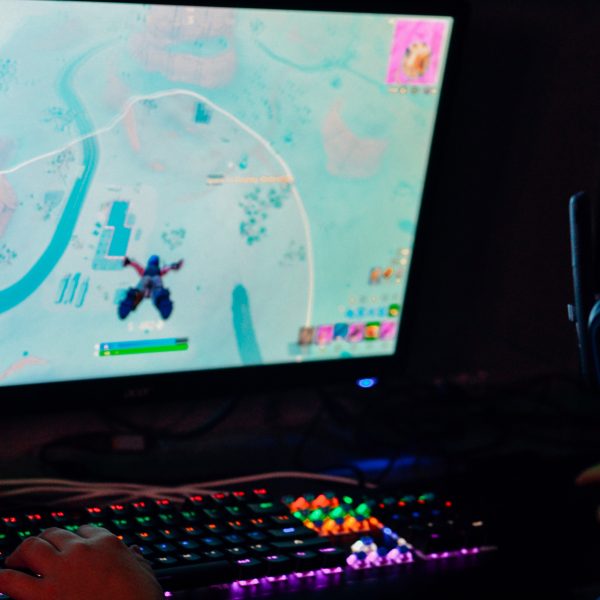The way children consume screen-based media is reshaping their brains – US research

A groundbreaking new study conducted by the Cincinnati Children’s Hospital Medical Center has found structural differences in the brains of preschool-age children related to their level of screen-based media use.
The study, published in JAMA Pediatrics, shows that children who have more screen time have lower structural integrity of the white matter tracts in parts of the brain that support language and other emergent literacy skills. These skills include imagery and executive function – the process involving mental control and self-regulation. These children also have lower scores on language and literacy measures.
Using the recommended amounts of screen time as shared by the American Academy of Pediatrics (AAP), which take into account not only time spent in front of screens but also access to screens, including portable devices; the content consumed; and, who children are with and how they interact when they are looking at screens, the researchers tracked children within, and outside, the recommendations to draw their conclusions.
Lead author, Dr John Hutton said the findings “raise questions as to whether at least some aspects of screen-based media use in early childhood may provide sub-optimal stimulation during this rapid, formative state of brain development.”
While the researchers are as yet unable to determine whether screen time causes the structural changes or implies long-term neurodevelopmental risks, the findings “warrant further study to understand what they mean and how to set appropriate limits on technology use”.
Dr. Hutton’s study involved 47 healthy children – 27 girls and 20 boys – between three and five years old, and their parents. The children completed standard cognitive tests followed by diffusion tensor MRI, which provides estimates of white matter integrity in the brain.
The researchers administered to parents a 15-item screening tool, the ScreenQ, which reflects AAP screen-based media recommendations. ScreenQ scores were then statistically associated with cognitive test scores and the MRI measures, controlling for age, gender and household income.
The parents who self reported higher ScreenQ scores has children who were “significantly associated with lower expressive language, the ability to rapidly name objects (processing speed) and emergent literacy skills.”
Children in families where parents assigned themselves higher ScreenQ scores also had lower brain white matter integrity, which affects organisation and myelination – the process of forming a myelin sheath around a nerve to allow nerve impulses to move more quickly – in tracts involving language executive function and other literacy skills.
With the prevalence of screen-based media use in home, childcare and school settings at ever younger ages, Dr Hutton said, the findings “highlight the need to understand the effects of screen time on the brain, particularly during stages of dynamic brain development in early childhood, so that providers, policymakers and parents can set healthy limits.”
The study may be accessed and reviewed here.
Popular

Workforce
Policy
Quality
Practice
Provider
Research
ECEC must change now, our children can’t wait for another inquiry
2025-07-02 07:47:14
by Fiona Alston

Events News
Workforce
Marketplace
Practice
Quality
Provider
Research
An exclusive “Fireside Chat” with ECEC Champion Myra Geddes
2025-07-01 11:25:05
by Fiona Alston

Workforce
Practice
Provider
Quality
Research
Supporting successful transitions: Big moves, big feelings
2025-06-26 11:00:30
by Fiona Alston











